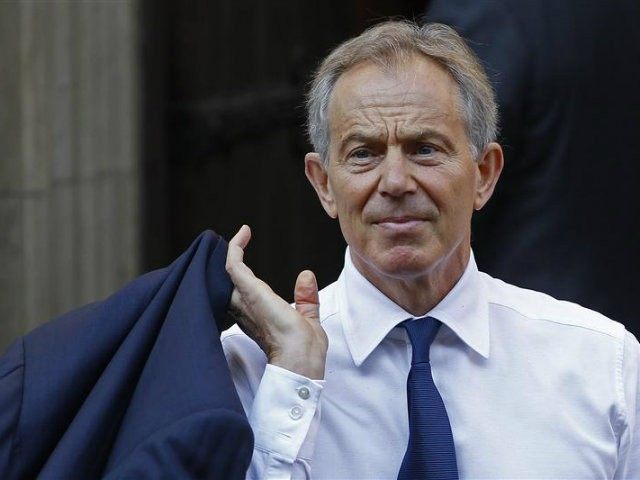Tony Blair has claimed that “comfort letters” guaranteeing terror suspects would never be prosecuted for their crimes were vital to the Northern Ireland peace process. The former Prime Minister was being grilled by MPs about his role in giving anonymity to 95 people collectively accused of 300 murders.
The letters were sent to people on the run for terror offences, who were told they were not wanted any more but if further evidence came to light that might be reviewed. The British government adopted the scheme after the most recent peace process began in 2000.
Republicans from Sinn Fein pushed for the scheme to resolve the issue of those accused of terror offences before 1998 but who were still on the run. Anyone who had already been convicted and imprisoned for offences before 1998 were already scheduled to be released under the Good Friday Agreement. Amongst them was Patrick McGee, who killed five people at the 1984 Conservative Party Conference, in a failed assassination attempt against Margaret Thatcher.
Blair refused to apologise for the scheme claiming it was vital to bringing all sides to the negotiating table. He said: “Without having done that we would not have a Northern Ireland peace process.” Mr Blair said the scheme evolved over time from a small number of cases.
The former Prime Minister said he had wanted to establish a formal scheme but it had been impossible and so decisions were made on a case by case basis: “It was not an amnesty, it was not secret, but it nevertheless dealt with one part of the problem we had to deal with.”
He added: “Right from the outset our desire and the focus for OTRs was to bring into place a…scheme that would apply to everybody, the equivalent of the Good Friday Agreement for prisoners, but we were not able to find a way of doing that so we dealt with this by way of an administrative process.”
The issue is being investigated by the Northern Ireland Select Committee after John Downey had his prosecution halted for the 1982 Hyde Park bombing because he had a comfort letter. A judge ruled Downey could no longer be tried for the murder of Household Cavalry Lieutenant Anthony “Denis” Daly, 23, Trooper Simon Tipper, 19, Lance Corporal Jeffrey Young, 19, and 36-year-old Squadron Quartermaster Corporal Roy Bright.
Families of victims are campaigning for someone in government to take responsibility for what happened. However, it is now highly unlikely that anyone will be convicted for the 300 murders, although some families have taken civil actions to extract compensation.

COMMENTS
Please let us know if you're having issues with commenting.